Rain is nothing new if you live in Auckland, or anywhere across New Zealand really. Ever found yourself stuck in a sudden downpour, only to hear that embarrassing screech as your windscreen wipers flop around like a couple of broken rubber bands? It’s one of those moments that make you wonder — can you actually keep driving if your wipers aren’t working? Or are you just risking a ticket... or much worse?
Why Windscreen Wipers Matter More Than You Think
Windshield wipers seem like a small detail — just another boring bit of car maintenance. But try getting caught in a heavy Auckland storm, only to find your wipers barely dragging water around or doing nothing at all. Visibility tanks in seconds. Research out of the University of Otago found that poor visibility was linked to over 2,400 car crashes in New Zealand in 2023 alone. Most of those happened during wet or stormy weather, often because of worn-out or broken wiper blades.
Think of wipers like your car’s eyes. Even if your headlights are blazing through the rain, without clear glass you’re guessing what’s ahead. That’s why modern cars beep or flash lights if your windshield washer fluid runs low — the car knows you can’t see properly with a dirty screen. Plus, wipers don’t just help with rain. Ever dealt with swirling mist on a cold Auckland morning or a sticky layer of road dust in summer? No wipers, no visibility.
It might surprise you how quickly bad wipers put you and others in danger. Streaky, squeaky blades might seem like just a small annoyance. But if a truck splashes you or you hit a patch of fine road spray coming off the Waitemata, suddenly you’re driving blind for a couple of terrifying seconds. Think you can rely on anti-fog sprays or your car’s air vents? Those only help if your glass is already reasonably clean and dry — in serious downpours or with mud, nothing beats working wipers.
Thousands of insurance claims in NZ list “poor visibility due to faulty wipers” as a contributing cause. In one headlining 2024 incident near Hamilton, a ute ran off the State Highway after its wipers failed during a violent squall. No one died, but three people ended up in hospital. The driver admitted later he thought he’d be okay for a ten-minute drive — he made it less than three before things went wrong.
The Legal Side: What NZ Law Really Says
Sticking duct tape on broken wipers or hoping your luck holds until the weather clears might sound like Kiwi ingenuity, but the law is clear: you need working wipers. The NZ Land Transport Vehicle Equipment Rule states that every vehicle on the road must be fitted with wipers that keep the windscreen clear in “all normal driving conditions.” That’s not just heavy rain, but drizzle, dirt, ocean spray — you name it.
Your Warrant of Fitness (WOF) check covers wipers specifically. If your blades are torn, missing chunks, or not moving properly, the mechanic will flag it. No working wipers means no WOF, and technically your car shouldn’t be driving anywhere except straight to a repair shop. The fines aren’t minor either. If you’re pulled over during wet conditions with non-functional wipers, you can cop an instant $150–$200 fine, plus possible demerit points if police judge you to be “driving carelessly.”
It gets worse in an accident. Under NZ insurance rules, if your car’s safety systems aren’t working — and wipers are included — you can be found partly or wholly at fault. That means you could lose all or part of your claim, even if someone else hit you. Realistically, police know Kiwis deal with rapidly changing weather and will check wipers first in a crash where rain was involved. Think you can get away with just one blade working? That doesn’t fly legally — all parts of the windscreen need to be clear, or it’s a fail.
| Requirement | Details |
|---|---|
| Functionality | Must clear all main driver view areas |
| Condition | No tears, missing parts, or skipping; must not scratch glass |
| Frequency of Inspection | WOF (every 6 or 12 months), and by police during stops |
| Legal Penalty (2025) | $150–$200 on-the-spot fine, possible demerit points |
This stuff counts even for short trips. Technically, even moving your car out of a covered garage onto a drippy or misty street counts as "driving on public roads." The law doesn’t care if it’s day or night, rural or city, or how far you’re going.
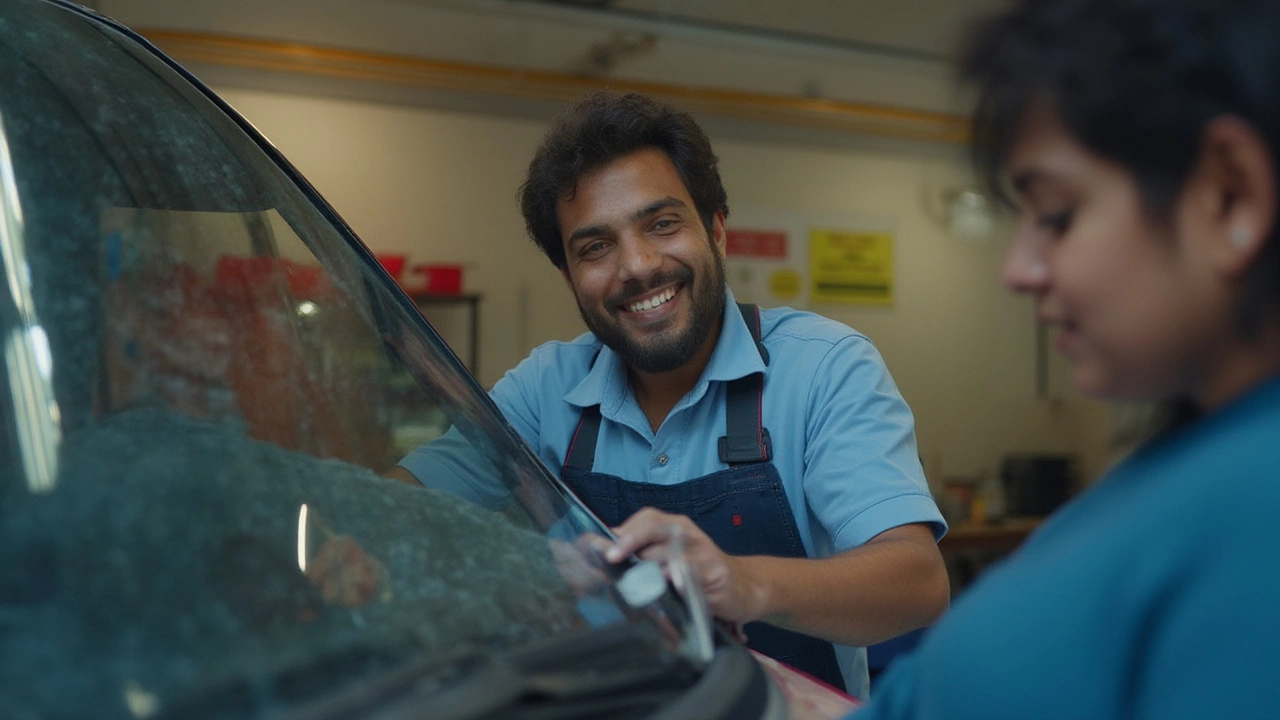
Dangers of Driving With Broken Windscreen Wipers
Ever tried using your hand or a rag to wipe the inside of your windscreen when things get foggy? Now imagine that with the outside, at 90km/h, in a downpour. Doesn’t sound like a good time. Driving without working wipers isn’t just illegal—it’s genuinely dangerous.
- Visibility plunges fast. Even in moderate rain, a windscreen can turn into an opaque blur in under five seconds. There’s no “safe” speed — even crawling along, you can’t see cyclists, debris, road signs, pedestrians, or even corners.
- Reaction time goes down the drain. A study by the AA found that with impaired visibility, drivers miss about 40% of visual cues — things like brake lights, turn signals, or hazards — compared to dry conditions.
- High crash risk during weather changes. Auckland’s notorious for sun-showers — bright one minute, pouring the next. Broken wipers mean you’re caught off guard, especially on highways or winding rural roads. It’s easy to panic-brake (making skids and rear-end crashes more likely) or drift out of your lane.
- Windshield scratches are common with damaged wipers, especially if metal is exposed. One rough drive like this, and you’ll have to pay for a new windscreen too.
It’s tempting to take risks, especially “just for one short trip,” but things can go wrong fast. Flip that thinking: would you trust your safety, and everyone else’s, to a thin strip of torn or jammed rubber? If you’re caught out with broken wipers and rain hits, your best option is to pull over as soon as safely possible. Put your hazard lights on, find shelter (like a shop awning or gas station), and get help — don’t gamble with a foggy view.
How to Fix (or Replace) Broken Windscreen Wipers
You don’t need to be a mechanic to handle most wiper issues — the job usually takes under five minutes and a basic screwdriver, if that. Whether you’re dealing with streaks, complete failure, or wipers that have started squealing like a kettle, here’s how to sort it yourself:
- Check if your blades are the problem, or if the wiper arm/motor isn’t working. Turn your wipers on — listen for noise, glitches, or a non-movement. Blades tearing or skipping? You need new ones. Arms not moving? Might be a fuse or motor issue.
- Buy the right blades. Check your car’s manual, or bring an old blade into any Repco, Supercheap Auto, or big-box store in Auckland. Most shops have free fitting — just ask.
- Lift the wiper arm, unhook the old blade, and snap on the new one. Clean the windscreen with soapy water before testing new blades. That removes old dirt and grit that can wreck fresh rubber.
- If nothing moves when you hit the switch, check the wiper fuse (usually inside the dash or engine bay fuse box). Replace if blown — spares cost a few bucks. Still nothing? The motor may be dead. You’ll need an auto sparky for that.
Quick tip: don’t just replace one blade. If one’s cracked, the other is probably on its way out too. Also, consider using winter-grade or silicone wiper blades — they last longer, and handle Auckland’s wild swings between rain, sun, and salty ocean air.
- Don’t forget wiper fluid. Washers are a legal requirement too. Always fill with proper washer fluid (not just water), especially in winter — it cleans off bugs, salt, and mud.
- Wipe down your blades every few weeks with a damp paper towel. Removes grit and sap that chew up rubber.
- If a blade gets noisy or starts skipping, try cleaning the windshield before swapping blades. It might just be greasy glass.
Lots of shops offer free wiper checks. Some petrol stations will top up washer fluid and even quick-swap blades, free with a fill. Handy when you’re busy or on the road and can’t be bothered fiddling in the rain.
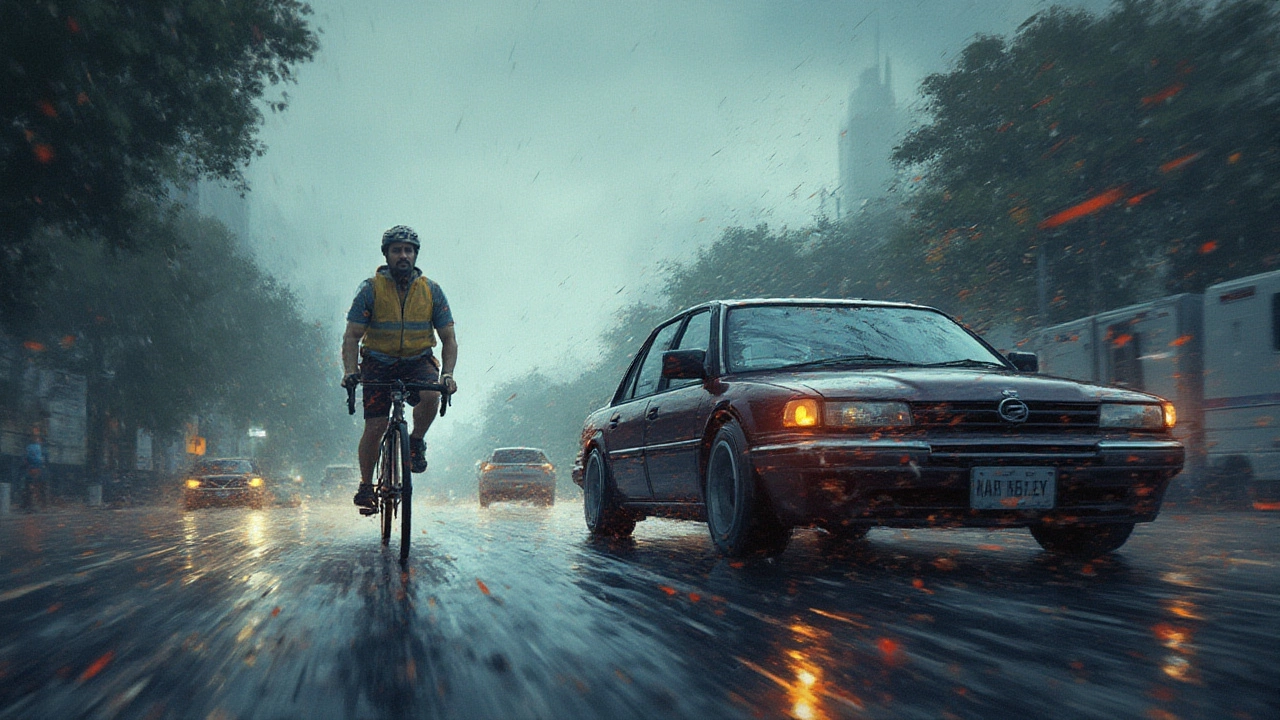
Staying Safe in a Pinch: What to Do If Your Wipers Suddenly Fail
You’re mid-drive, and suddenly, the wipers stop. Maybe the motor makes a weird clunk. Now what? Number one: stay calm, but don’t try to drive on if you can’t see clearly.
- Slow down, signal early, and pull over as soon as possible in a safe spot. Don’t just stop on a live lane, especially on busy stretches like the Auckland motorways.
- If the rain is light and you can still see, turn your headlights on full — not just DRLs. Makes your car more visible to other drivers.
- Leave your hazard lights on if you’re off to the side of the road, especially at night. Visibility drops for everyone in a downpour.
- If you’re stuck in a line of cars with zero visibility, try following the painted road edge (but never tailgate).
- Don’t try “life hacks” like tying a string to the wiper to move it manually. That can get caught in the mechanism and cause more damage or actually block even more of your view.
- In super light drizzle, using your car’s heater or defrost pressing warm air to the glass can help for a few minutes but won’t deal with proper rain.
- If you’re on a long haul — say, Auckland to Rotorua — and start having trouble, look for nearby towns or covered petrol stations. Better to wait out or call for help than risk it.
- Keep your windscreen and blades in good shape before long drives. Cheap as, and it makes life a lot less stressful when the weather turns.
Take wiper failure seriously — it rarely happens when it’s bone-dry. If you know something’s dodgy, handle it as soon as possible. Safe vision wins hands-down over any “she’ll be right” attitude when the clouds burst.
Broken wipers can turn a routine drive into a horror show in seconds. Whether the law or just common sense gets you, never risk driving with dodgy wipers — your safety, and everyone else’s, is literally at stake the moment rain falls. Stay on top of easy home fixes, and always check your car is ready for whatever the Auckland sky throws at you next.
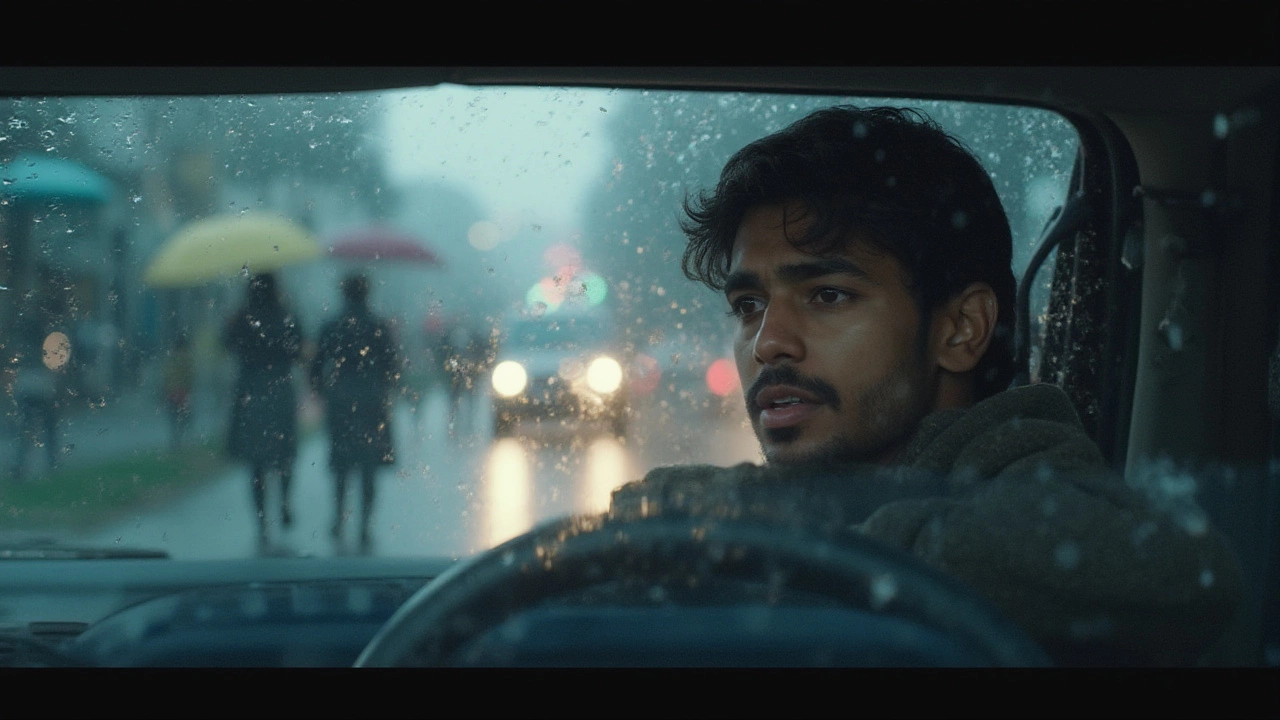
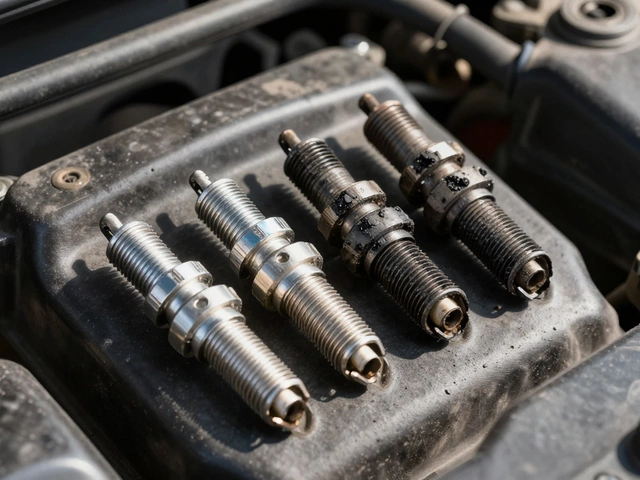
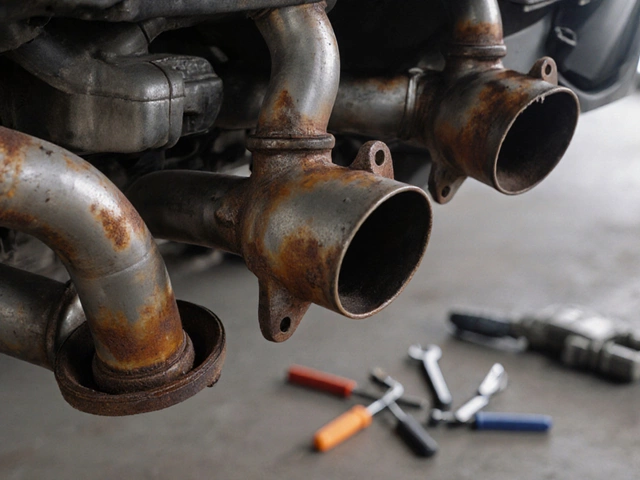
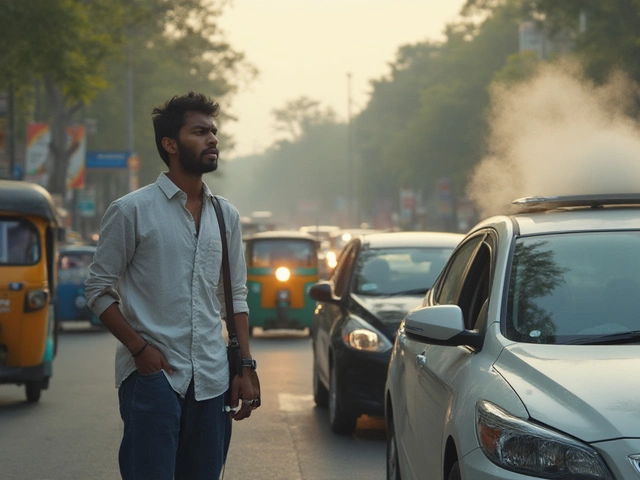
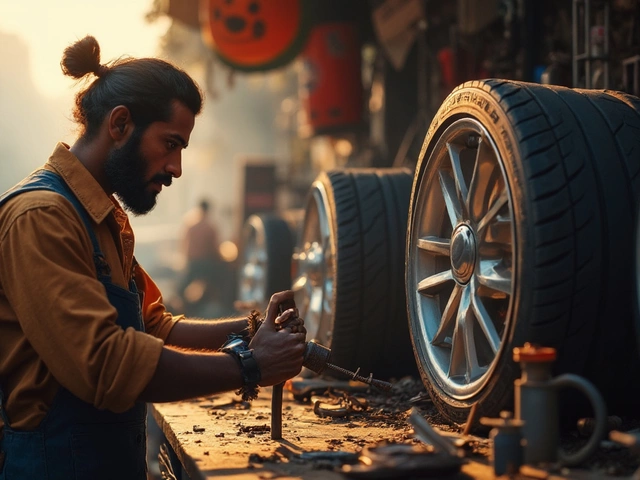
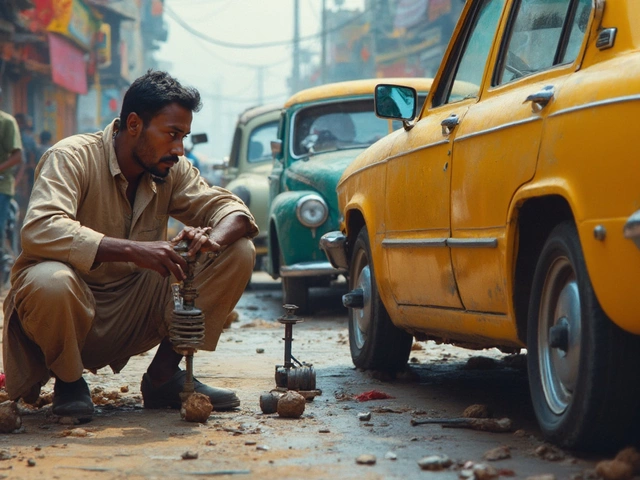
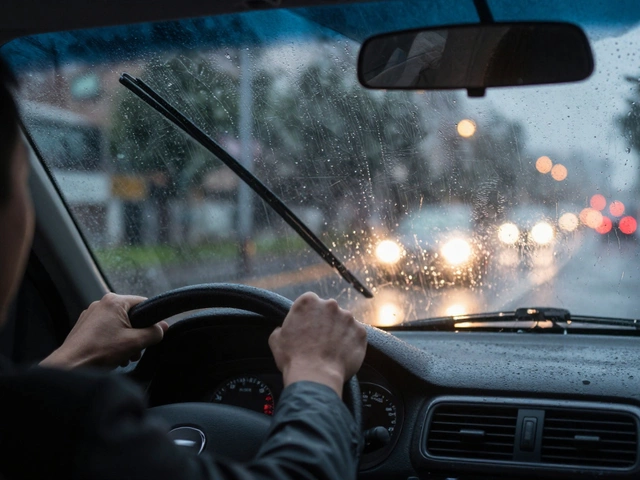
Write a comment